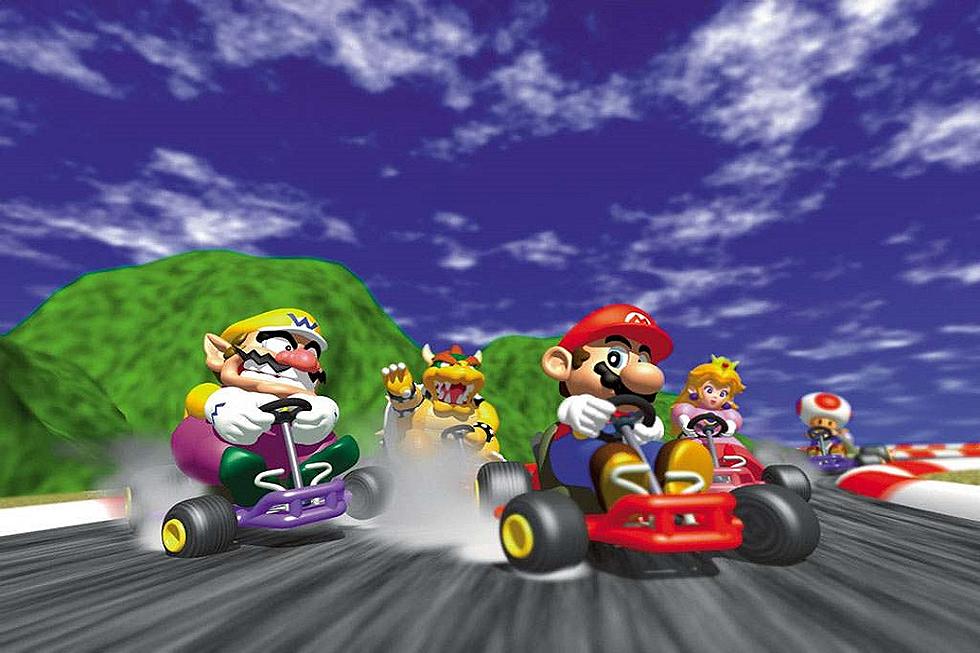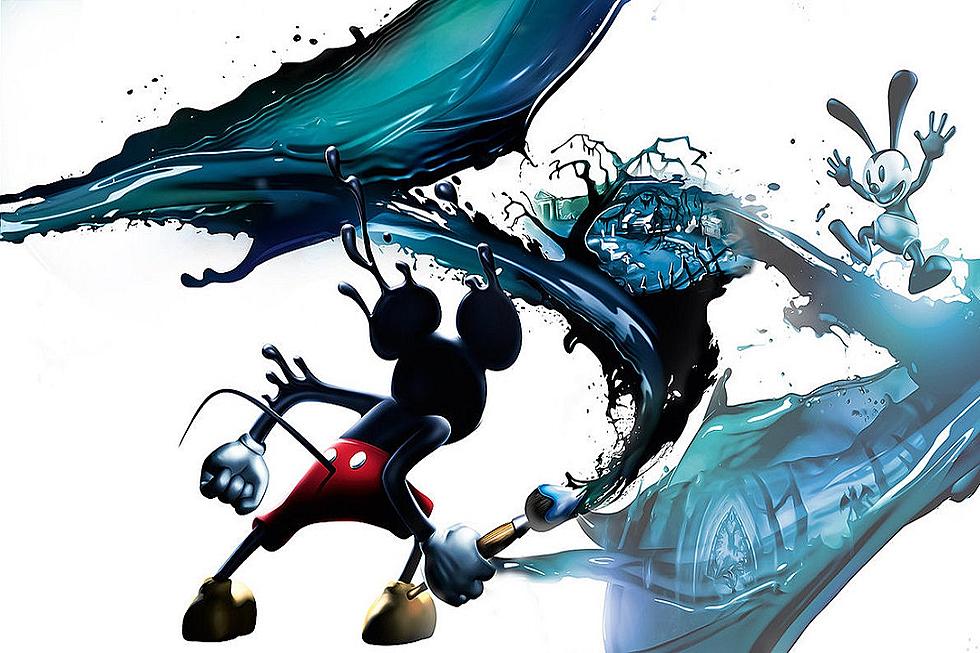
Cover Shooting, Action Reloads, and The Icon of Gears of War
Fast-paced run and gun chaos has often been the unbridled norm of the shooter genre. In worlds where you can simply repair bullet wounds with health packs and are often far heartier than 99% of your adversaries, there was never any reason to worry about frivolous things like cover and safety. Then the industry came to a turning point. What if you weren’t an immortal meaty gun bot? What if a game actually forced you to take advantage of your surroundings to survive? Gears of War wasn’t the first game to ask these questions, but it was undoubtedly the most iconic and it redefined the cover shooter on this day in 2006.
Interestingly enough, Gears of War started more like the Unreal Tournament series. Epic Games originally had plans to make a new kind of multiplayer arena featuring character classes and mechs. These concepts were presented as early as 2000, but when the team returned to the idea in 2005 after taking a break from work on the Unreal series, they were much more interested in pursuing a more campaign-based experience. Producer Rod Fergusson claimed the game went through a transformation into something more akin to a horror/shooter hybrid, citing titles like Resident Evil 4 and Kill.Switch as some of the original inspirations for the game.
The game tells the story of humanity on the fictional planet of Sera as they attempt to resist conquer by a genocidal subterranean race known as the Locust. Much of the world surface has been ruined by the Locust from their surprise invasion known as “Emergence Day” by the humans, but the remnants band together with every bit of the war machine they have left to fight back. In the midst of this, prisoner and alleged military traitor Marcus Fenix is extracted from prison to join Dominic Santiago in the formation of Delta Squad and carry out missions crucial to turning the tide in the war.
Throughout the game, one or two players take up the role of Marcus and Dom respectively to fight off the Locust in linear, yet wide open arenas of combat. Rather than the swift run and gun of other games, Gears of War forces players into the somewhat slow and plodding pace of these burly soldiers and forces them to use cover to survive hordes of attacking enemies. Running around and trying to shoot enemies in the open all the time often leads to a swift and grisly death. In addition, each of the games weapons feature a special reload in which a single button press starts the reload and a second button press in the “sweet spot” finishes it faster, also granting a damage bonus to that clip of ammo. This made taking advantage of any and all cover as well as proficiency in the active reload paramount to survival at later stages or higher difficulties.
Though technology and the platform almost always defines the game’s capabilities, Gears of War is one of the few games to ever influence the platform on which it would be released. Epic Games originally presented a then unnamed tech demo of Gears of War in 2005. The design of the game featured a realism and clarity not found in pretty much any other game at the time. It was with this demo that Epic Games’ Tim Sweeney argued that the Xbox 360’s memory should be upgraded from 256MB to 512MB. Ultimately, Microsoft could not argue with the results and though the cost was extremely high, affecting the overall launch availability of the Xbox 360, the change marked a transition to 720 pixel resolution for most Xbox 360 games that would mark the dawn of the high-definition era of gaming.
Gears of War was a trendsetter on numerous fronts from its development to its release. It wasn’t the first shooter to offer up cover-based mechanics and shy away from the overpowered hero stereotype the industry was known for, but it most definitely convinced other developers to try to do the same. Moreover, its contributions to development decisions on the Xbox 360 arguably moved the technology forward by leaps and bounds. That’s not even considering the incredible success the game spawned in its sequels and other materials such as toys and comics. Gears of War is considered to be one of the most influential titles of the seventh generation of gaming and it has that accolade for a very good reason.
More From Arcade Sushi









